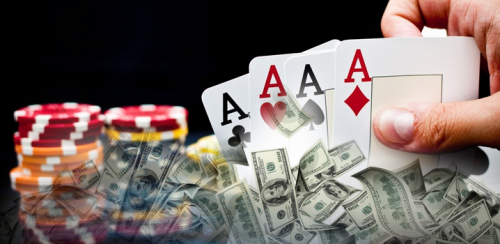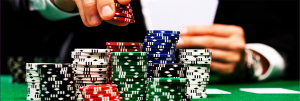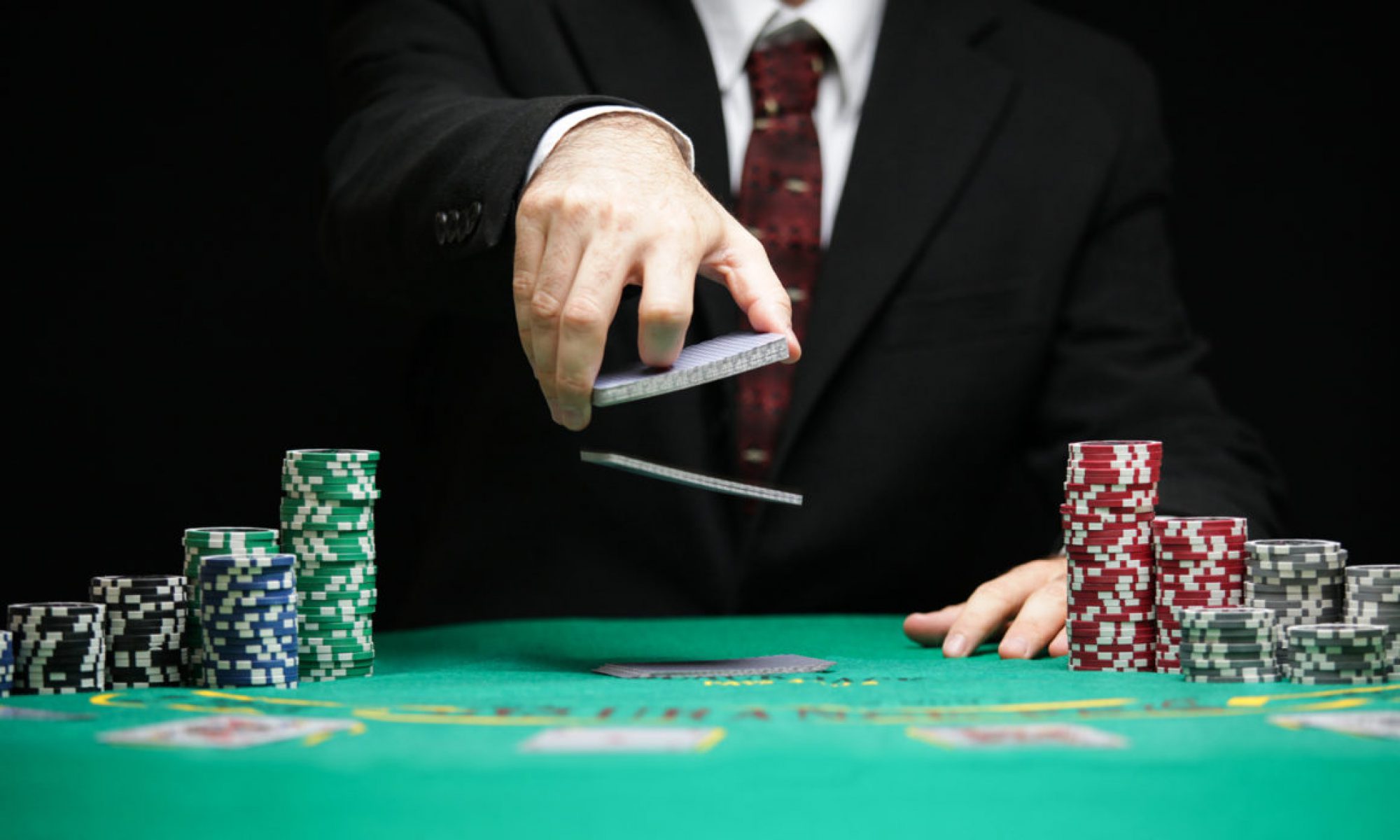Poker is one of those games that looks easy to learn on the surface, but takes a lot more than just knowing the general rules. If you’re a beginning poker player, in this article we’ll line out how to develop your strategy and attitude in the game. After all, a big part of poker is playing with your opponents.
Read the following tips to get started with the right attitude and strategy! And who knows, you might be the next big poker hotshot.
Be Aggressive
Well, who knew that there would be a place and time in the world where aggression can be good? In poker that is. Although it should be the focused kind of aggression, perfectly timed and controlled. If it’s an aggression that you’re no longer in control of, this attitude will likely make you lose more than you’ll win. The reason that the number one tip is to be aggressive, is that many new players will feel insecure and cautious deciding on their next move. It’s key to make make bold moves and act with aggression at the right time, even if you feel insecure. Playing with too much caution isn’t only bad for your winning prospects, it also gives you an image of weaker player.

Practice patience at the right time
Sounds contradictory? First I tell you to be aggressive, then I say be patient. I guess we can say that poker makes you practice and manage different emotional attitudes at the right time. It takes a lot of self-mastery and control to do that. What I mean with being patient is to fold many more hands than you play. Which requires lots of patience because it’s boring to sit around at a table and wait for the right moment to… attack! If you’re dealt a bad hand, the smartest thing to do is just fold. If you know your hand is good, then you’re much stronger in the game.
Observe
Watching other players closely has 2 purposes. A very technical purpose of trying to figure out what cards they have and whether they have a hand which is stronger than yours. The other one is the psychological side of things, in guessing what they’ll likely do next and if they’re pretending to have a strong hand or not. The fun part of poker is that everything is relative. Your hand is only as bad or as good in comparison to what the other guy has. Other than observing your opponents habits, to spot whether they’re nervous or not, the way they play says a lot too. If they’ve been playing very conservatively all night and suddenly make a big raise, you just know that hey must have a very strong hand.
Develop your skills
You might be attracted to playing poker by the prospects of winning big, but what you really need to do in the beginning is learn. The best way to learn fast without the risk of losing money, is through one of the many poker games that you can find online. Although you won’t win real money, the game is exactly the same as playing poker for money. Which means that you can take your time to develop some solid skills and understanding of the game. Even learning all about bluffing technique and reading others. It’s really the most valuable thing you can give yourself if you take your poker practice serious. Taking slow steps takes courage, because you admit that you aren’t yet where you want to be. Yet you accept entirely the place where you are. That’s a solid place to learn and build from. Once you’ve done that, you can start putting some money (although start with small amounts) in playing poker. When you accept the process.
Conclusion
Learning poker is a process of trial and error and you should give yourself the time to learn the game properly. Just remember that you’ll likely lose quite a bit, especially at the beginning. This is all part of the game and it will get better in time if you just stay focused on the game. Have fun!

